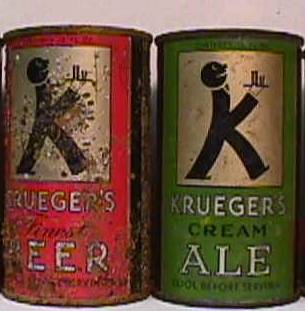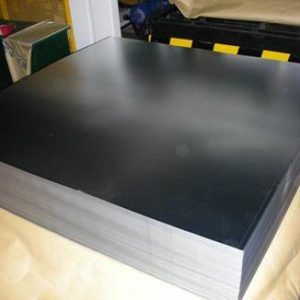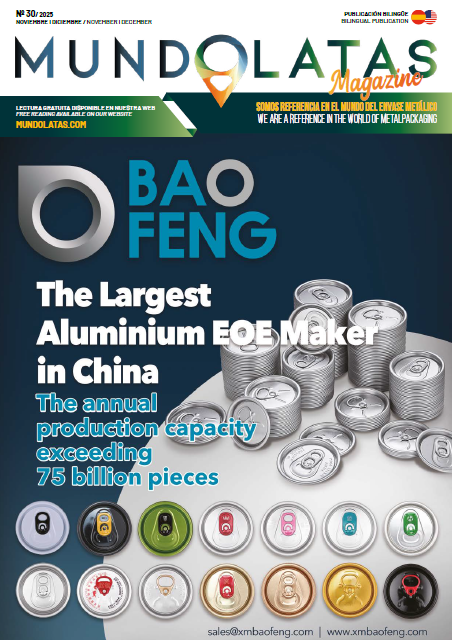Description
This course addresses two of the main risks in the manufacture and use of tinplate food cans: process defects and internal and external corrosion of the container.
The most frequent defects generated during production are analyzed, such as failures in the body, lids, side seams, and double seam, explaining their causes, consequences, and detection methods. In parallel, the different types of corrosion that can appear during storage or use of the container are studied, their mechanisms, factors that cause them (product, coating, handling), and how to prevent them through appropriate controls and good practices.
The course includes real cases, images of typical failures, and technical recommendations to avoid claims, returns, and food safety problems.
Highlighted Content:
-
Identification and classification of process defects.
-
Impact of defects on container functionality.
-
Types of corrosion: filiform, pitting, general.
-
Role of coatings and their correct use.
-
Corrosion tests and early detection methods.
-
Prevention from design, production, and filling.
Intended for: Professionals and technicians in the metal packaging industry, materials engineers, quality and production managers, and anyone interested in deepening their knowledge of raw materials used in this sector.
Methodology: The course combines theoretical sessions with practical case studies, allowing participants to apply the acquired knowledge to real industry situations.
Duration and mode: The course has a duration of 2 hours and is offered online, facilitating access to participants from different locations.
Language: Spanish
Certification: Upon completion of the course, participants will receive a certificate of achievement that accredits the knowledge acquired in raw materials for metal packaging.








Reviews
There are no reviews yet.